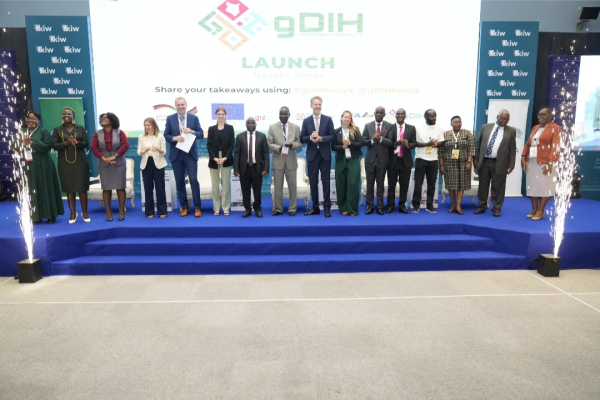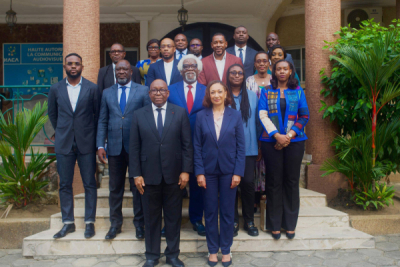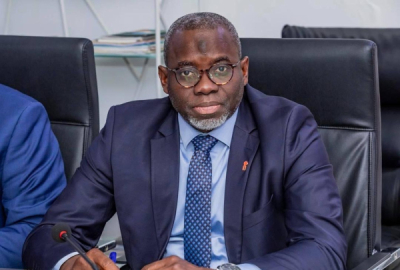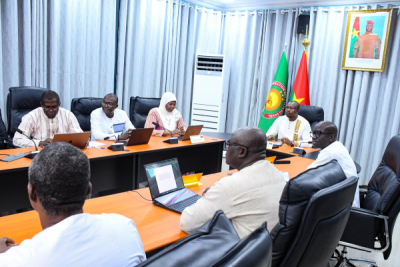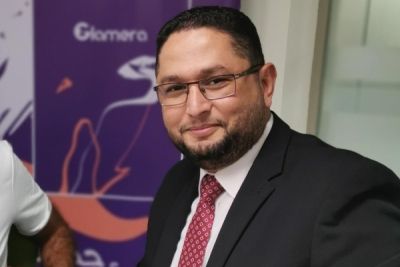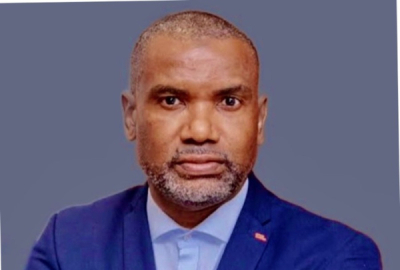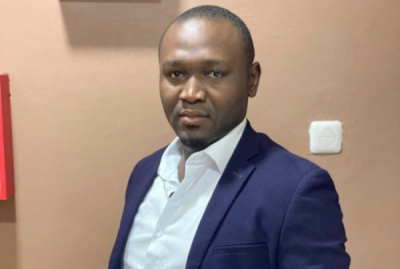Kenya is making significant strides to solidify its position as the preeminent technology hub in East Africa. To achieve this ambitious goal, the country is forging strategic partnerships with key technical partners.
Kenya launched the Green and Digital Innovation Hub Kenya (gDIH) on Tuesday, November 28, during Kenya Innovation Week. The initiative, spearheaded by the Digital Transformation Centre of the German International Development Cooperation Agency (GIZ) in Kenya, aims to empower micro, small, and medium-sized enterprises (MSMEs) with the necessary technology and innovation resources to navigate the digital transformation journey and enhance their participation in the country's digital economy while adhering to green principles.
"As the digital economy evolves and competition becomes more intense, the hub stands as a distinctive platform for MSMEs to level the playing field, ensuring equitable access to digital innovation opportunities for all MSMEs in Kenya, irrespective of their geographical location," emphasized Bernd Lakemeier, GIZ Kenya’s Director of Programs Sustainable Economic Development Cluster.
The hub's activities will focus on fostering innovation in the agriculture, information and communication technology, and energy sectors, leveraging cutting-edge technologies such as artificial intelligence, the Internet of Things, cybersecurity/IT security, cloud computing, and smart cities. The promoters envision the gDIH becoming a major technology hub in the country, further strengthening Kenya's already robust technology landscape on a continental scale.
Commenting on the launch of gDIH, Prof. Tom Ogada, the Team Lead of the ACTS consortium said: “Embedding a green ethos into technological advancements holds substantial implications for Kenya’s sustainable development and economic growth. By fostering collaborations with diverse stakeholders and organizations, we are committed to extending the Hub’s influence beyond Nairobi to encompass all 47 counties, facilitating linkages to expertise, markets, and access to capital beyond the borders of our nation.”
Adoni Conrad Quenum


